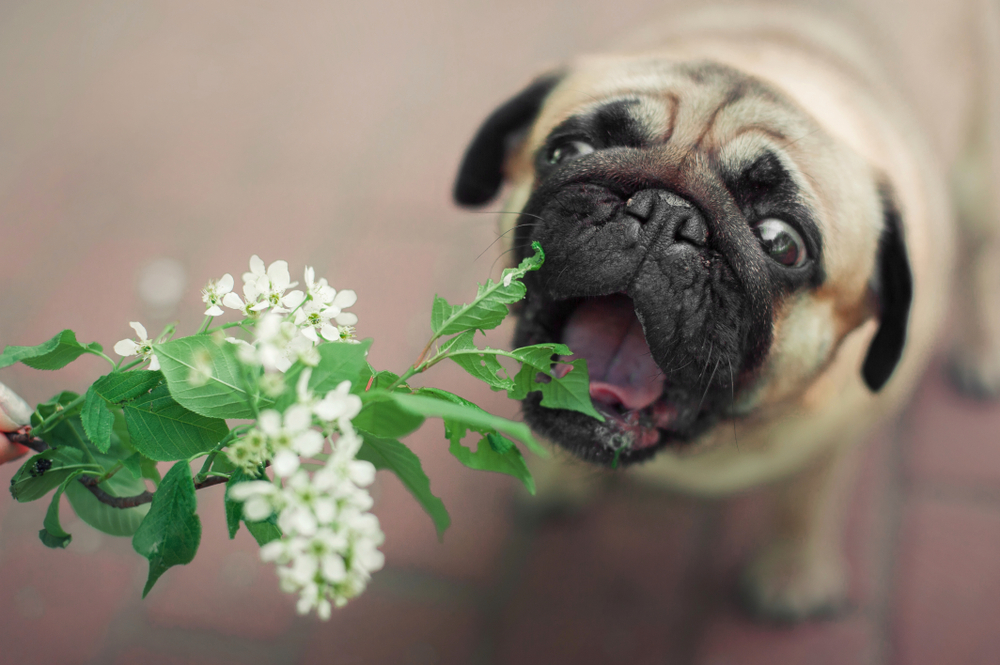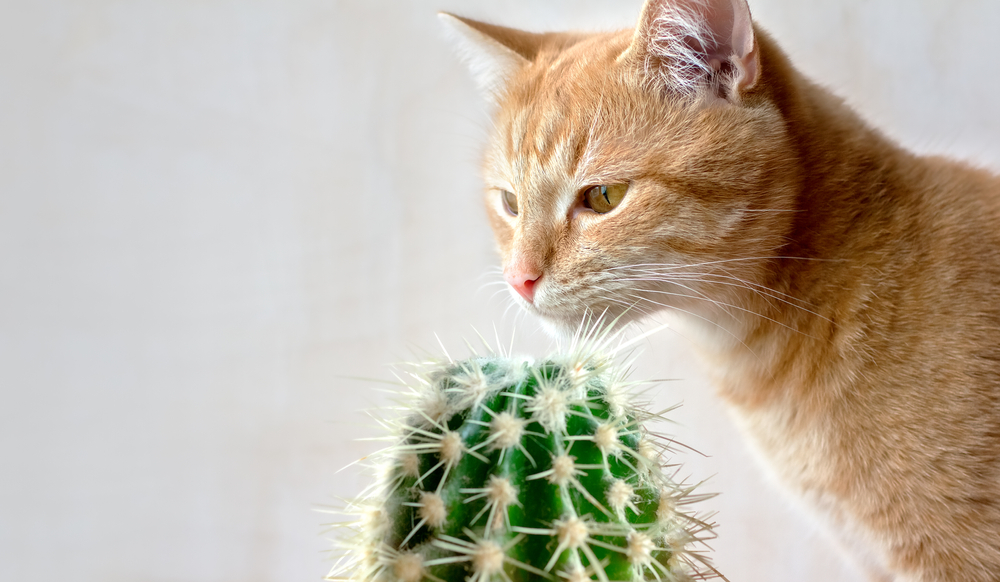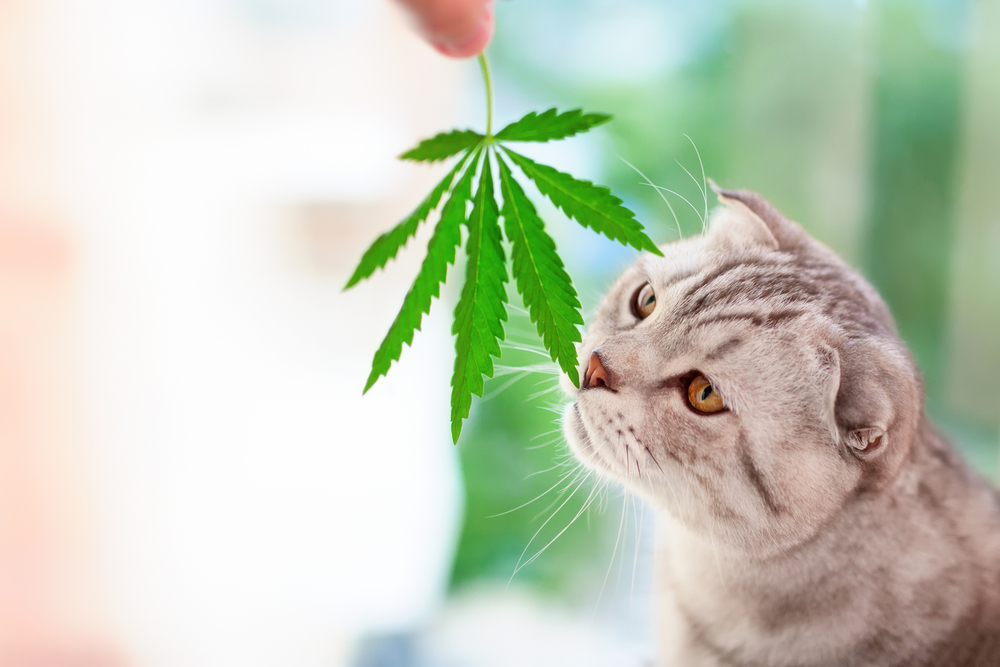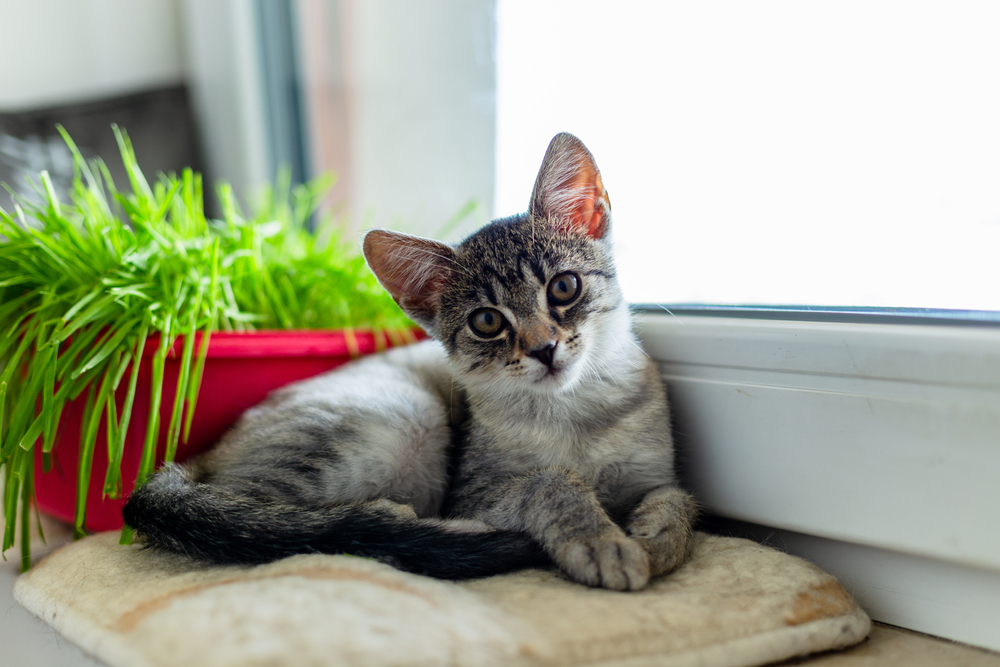
Beware! Common Household Plants Poisonous to Pets
10 Common Household Plants for Pet Owners To Beware Of
1. Lillies:
These elegant flowers are popular in floral arrangements, but Lilies are extremely toxic to cats, causing kidney failure even in small amounts. All parts of the plant are poisonous, including the pollen and water in the vase.
2. Sago Palm:
While it adds a tropical touch to your decor, the Sago Palm is highly toxic to both cats and dogs. Ingestion can lead to liver failure and, in severe cases, death. Even a small amount of this plant can be deadly.
3. Dieffenbachia:
Also known as Dumb Cane, this plant contains oxalate crystals that cause intense irritation and swelling of the mouth and throat when chewed on by pets. This can result in difficulty breathing, drooling, and vomiting.
4. Philodendron:
These popular houseplants contain calcium oxalate crystals, which can cause irritation and swelling in the mouth, leading to drooling, difficulty swallowing, and vomiting in pets.
5. Pothos:
Another common household plant, Pothos, contains the same calcium oxalate crystals as Philodendron, posing a similar risk to pets when ingested.
6. Aloe Vera:
While Aloe Vera is prized for its medicinal properties, the gel inside its leaves can cause vomiting, diarrhea, and tremors in cats and dogs if ingested.
7. English Ivy:
This vine is known for its ability to climb walls and adds a touch of greenery to indoor spaces. However, it contains toxins that can cause vomiting, abdominal pain, and diarrhea in pets.
9. Oleander:
This outdoor plant is highly toxic to both cats and dogs, affecting the heart, causing abnormal heart rhythm, and potentially leading to death if ingested.
10. Castor Bean:
While primarily an outdoor plant, Castor Bean can sometimes find its way indoors. Every part of this plant, especially the seeds, contains ricin, a highly toxic substance that can be fatal to pets if ingested.
What to Do in Emergencies: Do You Suspect Your Pet Ingested Poison?
• Vomiting
• Diarrhea
• Drooling
• Difficulty breathing
• Changes in behavior
Need urgent advice about a potential plant poisoning incident? Our live chat feature on our White Haven Veterinary Hospital website connects you with a Veterinary Technician round-the-clock, ensuring immediate guidance and peace of mind. Whether it’s day or night, we’re here to help you navigate through any emergency involving your beloved pet’s health. You may also call the Animal Poison Control Center (ASPCA) at 888-426-4453 to speak to an animal poison control expert.


Protecting Your Pets: Safeguarding Their Health and Happiness in White Haven, PA
As conscientious pet owners in White Haven, PA, it’s imperative to prioritize the well-being of your furry friends. Regular veterinary check-ups and consultations are key to ensuring their ongoing health and happiness. We encourage you to schedule an appointment at White Haven Veterinary Hospital, where your pets will receive top-notch care and tailored advice to meet their individual needs. Contact us to schedule an appointment today!








